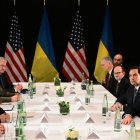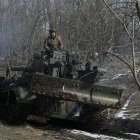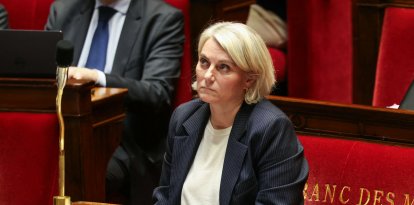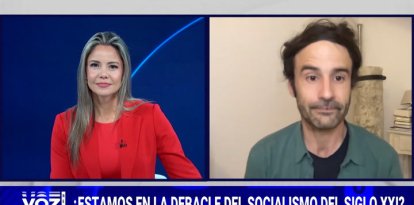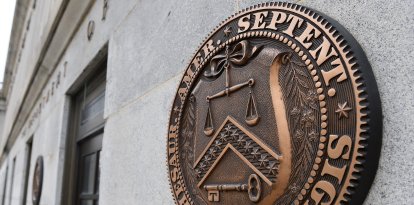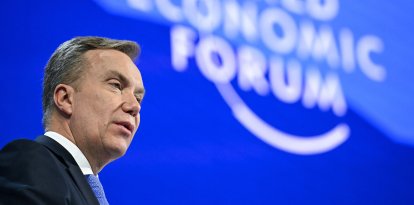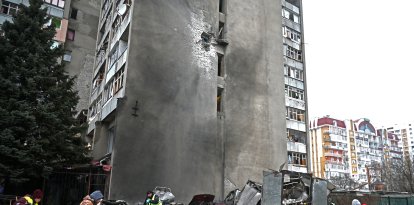EU approves billion-dollar rearmament plan but fails to reach unanimity on Ukraine
Despite consensus on increasing military spending, Hungary abstained from signing a statement in support of Kiev.
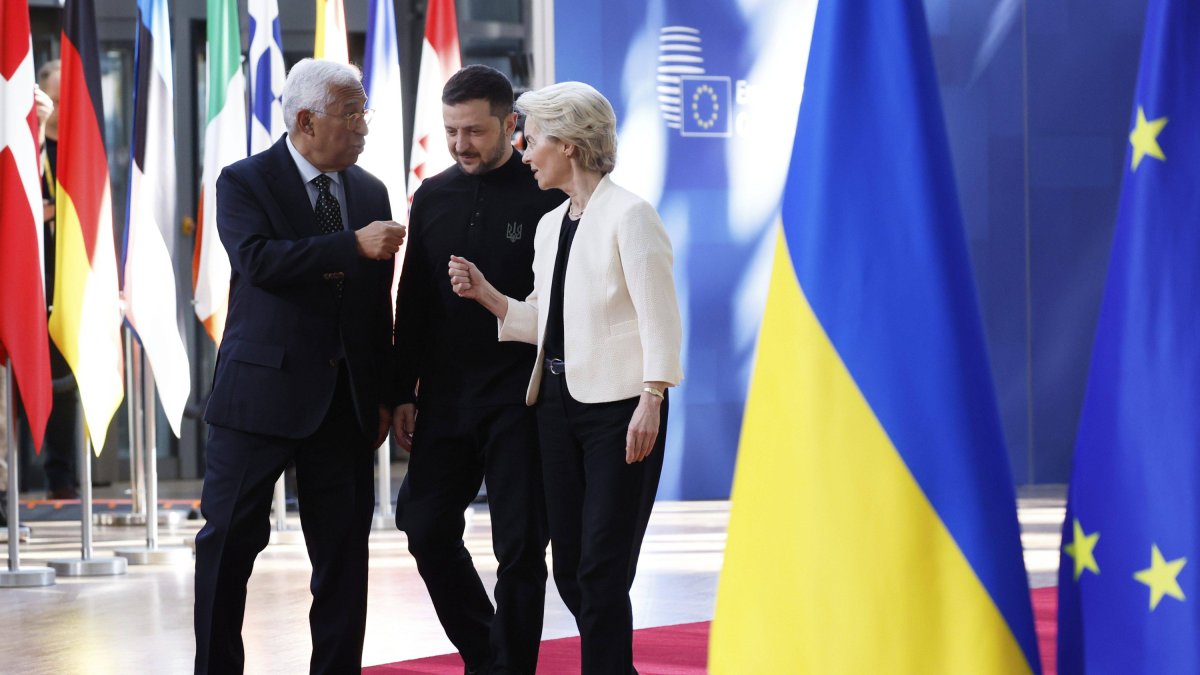
Volodymyr Zelensky, president of Ukraine, with senior European officials Ursula von der Leyen and Antonio Costa.
The 27 countries that comprise the European Union approved a plan to finance the bloc's rearmament of up to 800 billion euros (about $860 billion).
"We are moving decisively towards a strong and more sovereign Europe of Defence, guided by a new sense of urgency," European Council President António Costa said during the summit in Brussels.
The proposal endorsed Friday seeks for the bloc's nations to increase their military spending. That is where most of the investment would come from, according to European sources. To that end, measures such as the relaxation of borrowing rules, as long as the spending is on defense, and loan lines of 150 billion euros ( roughly $163 billion) to finance war industries were provided.
Details of ReArming Europe will be released at a later date. Some points are still under debate, such as whether grants will be provided in addition to loans, as the Spanish government wants. According to its promoters, the roadmap will also serve to accelerate military aid to Ukraine.
The harmony around the increase in defense broke down when dealing with the issue of Ukraine. Hungary was out of tune by refusing to sign a final document in support of Kiev. "We all want peace," António Costa tried to explain the dissent: "The difference is that 26 [countries] believe that the way to peace is to strengthen Ukraine's defense capabilities. Hungary has isolated itself from this consensus. An isolated country does not create a division."
In remarks reported by Reuters, Hungarian Prime Minister Viktor Orbán said the bloc could not both increase its military investment and continue to back Ukrainian war efforts. The two together, he asserted, would "ruin Europe." Instead, he said, the E.U. should strive to favor U.S. attempts to reach a cessation of hostilities.
Ukrainian President Volodymyr Zelensky, who attended the meeting as a guest, thanked the European leaders and assured them that "swift progress toward peace is possible." "The war must end as soon as possible, and Ukraine is ready to work 24/7 with our partners in the United States and Europe for peace."
Macron's nuclear proposal advances
Macron had said on the eve of the meeting that a "strategic discussion" could be opened to extend France's nuclear missile protective umbrella. He added later that he would take the first half of the year to assess if new cooperation around the issue is possible.
Russia condemns the rise in military spending
Moscow reacted to the summit by repudiating the European Union's "confrontational rhetoric" and asserting that it was "seriously out of tune with the mood of seeking routes to peaceful settlement" to the war.
Kremlin spokesman Dmitry Peskov said that in a peace dialogue, the European nuclear arsenal could be an "area of interest." As soon as it was announced, the Russian government was quick to repudiate Macron's nuclear initiative, describing it as a "threat."
Another requirement that Russia set as a condition for negotiating a truce is the absence of European troops in Ukraine: "There is no room for compromise." Despite the resounding no, a senior British source revealed that Prime Minister Keir Starmer was engaged in talks with 20 countries willing to integrate a "coalition of the willing" to help Ukraine, according to BBC reports. Washington did not object to this presence of foreign boots.
US stance
"You challenged us to step up on Ukraine, on defense spending, on European security," British Defense Secretary John Healey told his U.S. counterpart, Pete Hegseth. "And I say to you that we have, we are, and we will further."
Trump has been urging European countries to take a leading role in defending their continent since his first term. As soon as he took office in his second, he again demanded that they step up to the plate. Just this Thursday he issued a warning to NATO members: "If you're not going to pay [more in defense], we're not going to defend them."
After remarking that the United States and the United Kingdom have a relationship "like no other," Healey recalled that London had committed to increase its military spending.





